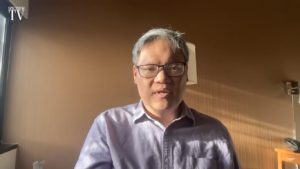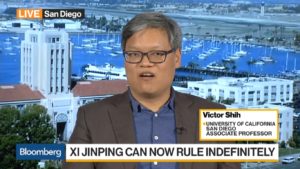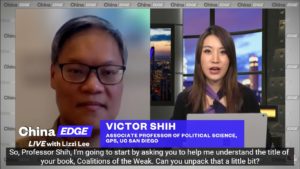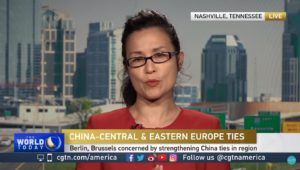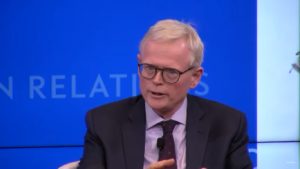
During his life, former Prime Minister Li Keqiang was mainly remembered for being side-lined by Xi Jinping. But after his sudden death he might become a problem for his former boss, writes author Ian Johnson at the Council on Foreign Relations, as it might be used as a way for the hidden criticizing of Xi.
Ian Johnson:
The sudden death of former Chinese premier Li Keqiang is the latest in a steady series of crises, mishaps, and blunders to afflict top leader Xi Jinping over the past two years.
The official Xinhua news agency said in a terse report that Mr. Li, 68, died of a heart attack early Friday morning in Shanghai. The death clearly caught Chinese officialdom off guard because an obituary had not been prepared, with the agency saying one would be issued later.
Mr. Li’s death is unlikely to alter the power dynamic at the top of China’s leadership. He had already retired from all posts and was not part of Xi’s inner circle. Although often seen as a pro-reformist moderate in contrast to the more authoritarian-minded Mr. Xi–he held a PhD in economics, and was seen as quick-witted–he never appeared to challenge his boss’s hardline policies. Compared to his more dynamic predecessors, especially the hard-charging Zhu Rongji in the 1990s and the reform-oriented (if tainted by family corruption) Wen Jiabao in the 2000s, Mr. Li was easily one of the most colorless premiers in the nearly 75-year history of the People’s Republic.
More at the website of the Council on Foreign Relations.
Ian Johnson is a speaker at the China Speakers Bureau. Do you need him at your meeting or conference? Do get in touch or fill in our speakers’ request form.
Are you looking for more political experts at the China Speakers Bureau? Do check out this list.
